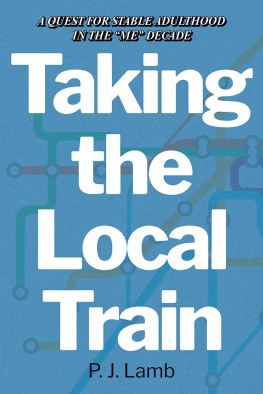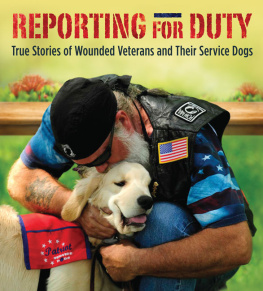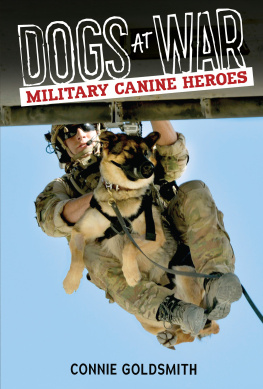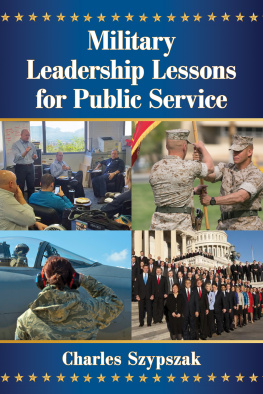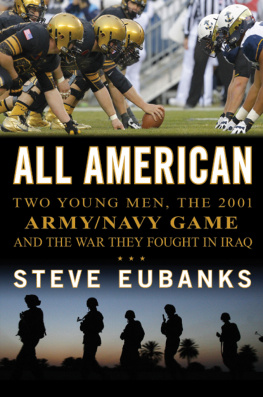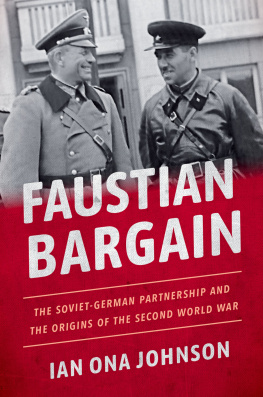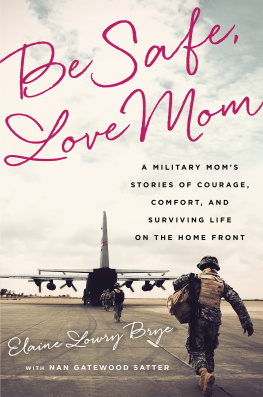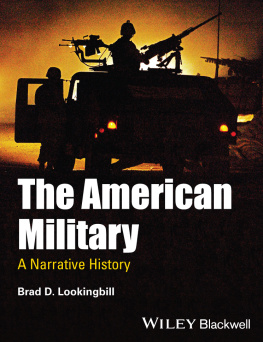Copyright 2019 All rights reserved.This book or any portion thereof may not be reproduced or used in any manner whatsoever without the express written permission of the publisher except for the use of brief quotations in a book review
ISBN: 978-1-54399-304-2 (soft cover)
ISBN: 978-1-54399-305-9 (eBook)
Acknowledgements
Thanks to the people who supported, encouraged, or gave advice to this work. This includes, in alphabetical order, Dan Barbush, Tara Bess, Marty Bolton, Marc Cooke, Lisa Kindrick, Pam Lamb, Chris Malaney, Jack OBrien, Paul ONeil, Jeanna Orphanidys, Katie Orphanidys, Randy Proctor, Karen Schober, Nathan Van Coops, Pete VanderVoort and all the staff at BookBaby.
Taking the
Local Train
Introduction
T his is a story of two men who became friends while serving in the military, their journey through life from their early 20s to mid-30s, and the directions their lives took after getting out of the service. One was a Mexican-American from the Southwest, the other, an Irish-Italian from the East coast. The time frame is the 11-year period from 1971 to 1981. Names of many people and places are either disguised or vague.
Not only does this story reflect the opinions, values and personalities of these men, but also the American society, as well as the world in general. Much of the story includes topics that guys their age were interested in - sex, drugs/alcohol, pop/rock music, sports, military, politics, friends, family, travel, education, jobs/careers, cars, intimate relationships, living situations, and the gradual challenge of becoming an independent adult. American values regarding these things are quite a bit different in the 21st century when compared to the 70s, which, like the late 60s, were relatively hedonistic times for many emerging adults. Tom Wolfe appropriately named it The Me Decade.
The saga begins with two Vietnam veteran GIs adjusting to life in the Army in Germany. One had been there for over a year, the other just arrived. Most GIs who came to Germany dealt with dollars, not Deutschmarks (DM), which was the currency used outside any American military installation in Germany. In early 1971, the rate was about 3.50 DM to $1.00; 16 months later, it was 3.15 DM to $1.00. The military work environment, which shaped their choice of jobs for years to come, was a general hospital. Coping with the Army life thousands of miles away from home enabled them to focus on these themes: do a good job while on duty; travel and party otherwise, instead of merely biding time until discharge, as many others in the service did. One wound up staying in the military for a total of nine years and then working in jobs mostly in the medical field; the other decided to pursue higher education after discharge while subsequently working in hospitals. For each of them there were periods, at times for months at stretch, when life was generally pretty easy. At other times, life seemed to be an absolute struggle to get out of a situational rut.
As with most people, they had a lot of fun times, as well as major disappointments. The adventure begins in Europe and ends with a separation of over 2000 miles away from each other, for the last half of this time period. During those times when they were miles apart, they maintained their close friendship through phone calls, cassette tapes, and letters. At that time, there were no modern means of electronic communication as compared to the 21st century. There was no such thing as the internet, and it was rare that anyone even had any kind of a computer. Cell phones didnt even exist until years later, and long-distance landline phone call rates were pricey. In the years 1971 through 1981, we all trudged through the Vietnam war and its end, Nixon and Watergate, Ford and Whip Inflation Now, Carter and Iran, and the beginnings of Reagan conservatism. The all-volunteer Army at the end of the draft may have contributed to the racial tension and rising substance abuse in the military. Gun violence was spreading. Even though the Womens Liberation movement was taking off, scoring with sex partners (for both sexes), or partying with alcohol or drugs, reflected an era of pleasurable experimentation for many Baby Boomers in those days. Getting high or drinking on days off, weekends, or vacation was fun, or at least stress-relieving for many people, as were opportunities to travel. With advances in birth control techniques, most people felt good and safe about sex. Nobody ever heard of AIDS until 1981; herpes was rare. LGBTQ people were outcasts who got little or no respect, especially in the military. The wave of disco music came and went, but then rednecks and country music were coming in during the early 80s. Rapping meant informal discussions moving back and forth, not the sing-song rhyming music that began at the end of the 70s. Ghosting meant temporarily disappearing from work for personal reasons, usually without telling a supervisor, for 10 to 30 minutes - not cutting people off cold. Only some people had cable TV until the late 70s and even then, only 15 to 20 channels at most were available (many people still used rabbit ears antennae).
Baby Boomers in their 20s and 30s during that era adjusted and either rolled with the punches or prospered. The changes were exciting, even though the two guys who are the protagonists here eventually traveled in somewhat different directions, personally and occupationally, especially when they were in their thirties. For them, this time period was not zooming along on an express to success; it was more like taking a local train with stops and detours along the way. But their long-term quest was still the same - to develop stable, enjoyable lives as gradually maturing human beings.
This book is dedicated to anyone who served in the military in Europe in the 1970s.
Chapter
El Guru and the New Guy
A nyone who first met him could tell by his walk and speech that Specialist 5th Class Raimondo Domenico Guererro, a US Army medical corpsman stationed at a hospital in Bad Kreuznach, Germany, came off as a Chicano macho man. He just turned 23, and stood about 56, had a fairly dark complexion, thick black moustache, wore glasses, and spoke with a slight Hispanic accent. In the military, most guys addressed each other by their last names, but by first names among friends. He preferred his initials - R. D. - which led many of his friends and close acquaintances to call him Artie. Periodically, he enjoyed smoking a bowl of hashish with the heads who called him El Guru, a nickname he liked even better. But he never called himself Raimondo unless it was imperative to use his given first name. El Guru served in Vietnam from close to mid-1968 to mid-1969 - one of the more volatile time frames to be there. He saw intermittent action in Vietnam with an infantry unit, and for helping repel an attack one night and saving the lives of a few others, he was awarded a Bronze Star. El Guru liked the work of the medical corpsman, but not as a combat medic; so, he extended his active duty service time for three more years to go to Germany, work in a hospital, and explore Europe. Because of his experience in Vietnam, and from talking with various Europeans while traveling in Europe, his attitudes toward war, military, drugs, sex, and politics in the US took a 180 degree turn from what it used to be when he enlisted in 1966. He became a flaming liberal - even with some radical ideas - who could be outspoken regarding his beliefs, whether others liked them or not. Just as many people admired him for this (mostly the younger, educated, willing to converse types) as those who disliked him (mostly the rednecks, conservatives, or lifer types). El Guru didnt have many close friends, but he did interact frequently with people who had similar interests, which also included travel, sports, and music. Everyone agreed, however, that El Guru was good at his job - he was the leader of the evening shift medics on the OB-GYN ward. Even though he was pretty much a chauvinist (womens liberation emerged in 1969 and it was definitely an adjustment for most military men), he always treated the civilian and military nurses as well as patients with respect, in and out of work. He was determined to learn from his time in Germany - both personally and occupationally - possibly to compensate for having a high school level education.

